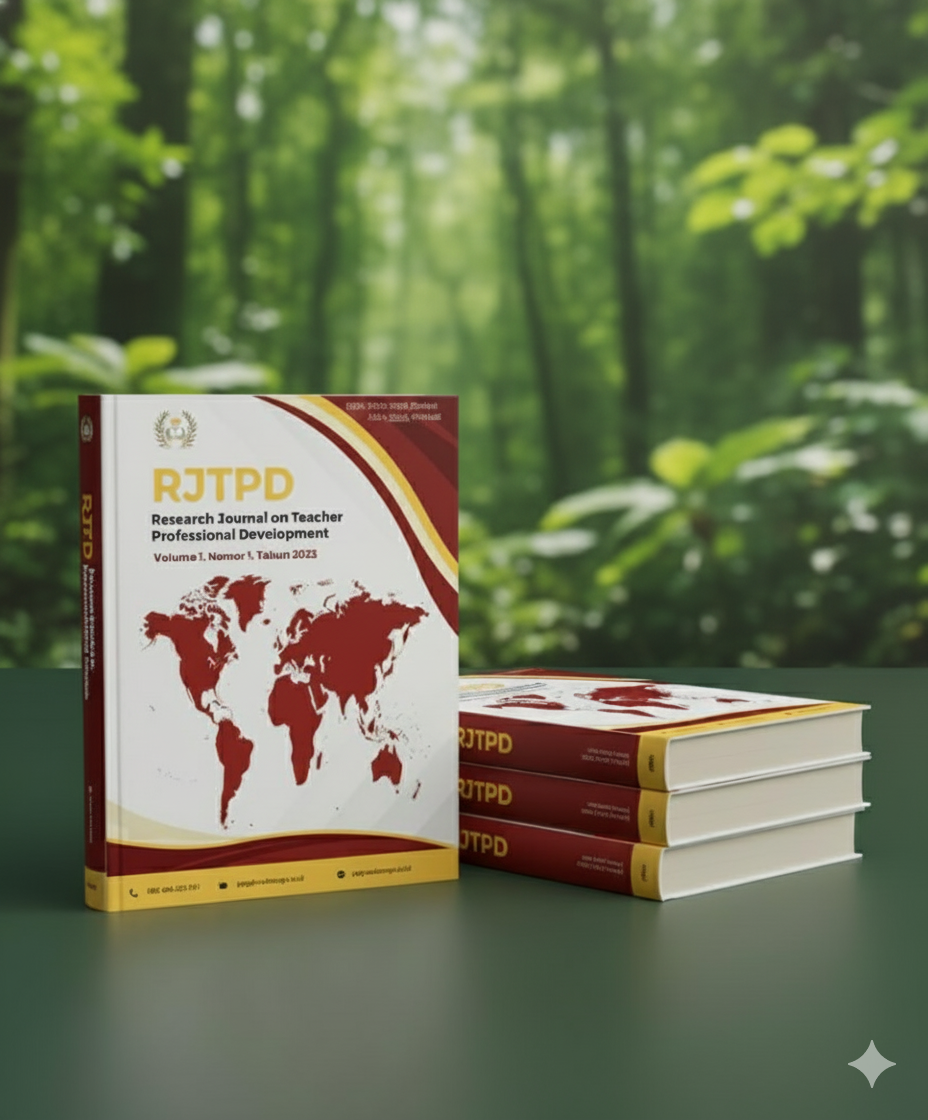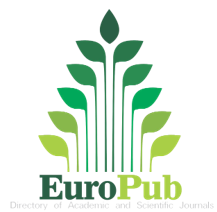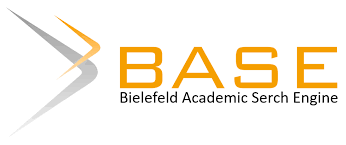Application of the Mind Mapping-Assisted PBL Model to Improve the Learning Outcomes of Halal and Haram Animal Fiqh in Madrasah Ibtidaiyah
DOI:
https://doi.org/10.21580/rjtpd.v2i2.15538Keywords:
Problem Based Learning, Mind Mapping, Learning Outcomes, Halal and Haram Animals, Madrasah IbtidaiyahAbstract
This research aims to improve the learning outcomes of student fiqh in halal and haram animal material through the application of the Problem Based Learning (PBL) Model supported by Mind Mapping techniques. This material often causes difficulties for students, especially in distinguishing the types of animals according to Islamic law. As a result, student learning outcomes tend to be low and often below the Minimum Completeness Criteria (KKM). To overcome this, this class action research is carried out in three cycles which include the stages of planning, implementation, observation, and reflection. Each cycle showed a significant improvement in learning outcomes. In the first cycle, student learning outcomes reached 48%, increased to 68% in the second cycle, and reached 88% in the third cycle. The use of PBL assisted by Mind Mapping has been proven to help students understand the material in a more in-depth and structured way. With this approach, students are invited to solve real problems that are relevant to daily life, so that the concepts learned are easier to understand and apply. Mind Mapping, as a visual aid, also makes it easier for students to organize information, remember, and understand concepts more systematically. The results of this study show that the application of the PBL Model assisted by Mind Mapping can be an effective learning strategy to improve fiqh learning outcomes on complex materials such as halal and haram animals.The results of the descriptive analysis of the research showed an increase in the learning outcomes of students in class VI MI Al Falah Gedongan. In cycle I (48%), cycle II (68%) and cycle III (88%). The conclusion of this study is that the application of the PBL model assisted by Mind Mapping can improve the learning outcomes of grade VI students of MI Al Falah Gedongan Baki Sukoharjo, and PBL model learning can be used as an alternative to fiqh learning
Downloads
References
Ardiansyah, A. (2023). Development of PAI Teaching Materials Based on Mind Mapping Model on Class II Congregational Prayer Materials at SDN 2 Keniten. Social Science Academic, 1(1), 201-212.
Arikunto, S. (2011). Basics of Educational Evaluation. Jakarta: Bumi Aksara.
Arikunto, S. (2010). Research Procedure: A Practical Approach. Jakarta: Rineka Cipta.
Creswell, J. W. (2014). Research Design: Qualitative, Quantitative, and Mixed Methods Approaches. Thousand Oaks: Sage Publications.
Fitriyati, D., & Karyanto, U. B. (2021). The effectiveness of the use of the mind mapping learning method on improving student fiqh learning outcomes. Indonesian Journal of Islamic Elementary Education, 1(2), 11-18.
Fauzi, B. B. N., Qomaruzzaman, B., & Zaqiah, Q. Y. (2023). Problem Based Learning in Fiqh Learning Innovation to Improve Critical Thinking. Journal of Educatio FKIP UNMA, 9(4), 2093.
Hotimah, H. (2020). Application of Problem Based Learning Methods in Improving Storytelling Skills in Elementary School Students. Journal of Education, 7(2), 5-11.
Isti'ana, A. (2024). Integration of Technology in Islamic Education Learning. Indonesian Research Journal on Education, 4(1), 302-310.
Miles, M. B., & Huberman, A. M. (1994). Qualitative Data Analysis: An Expanded Sourcebook. Thousand Oaks: Sage Publications.
Nurmasari, I., Supriadi, H., Mawarny, E., Amalya, N. T., & Anjani, S. R. (2020). Professional management of teachers in the quality of education as an effort to improve the quality of human resources. Journal of Creative Lokabmas: Loyalty of Creativity of Creative Community Servants, 1(2), 52-55.
Prastawa, S., & Radiyanto, A. (2024). The Effectiveness of the Problem Based Learning Model Based on the Post-Covid 19 Pandemic Era to Improve Students' Critical Thinking. Brilliant Journal of Education, 1(1), 5-14.
Silberman, Mel. 2009. Active Learning (101 Active Learning Strategies). Yogyakarta: Pustaka Insan Madani.
Sugiyono (2013). Statistics for Research. Bandung: Alfabeta
Sugiyono (2018). Quantitative, Qualitative, and R&D Research Methods. Bandung: Alfabeta.
Syihabuddin, A. A., Nursyamsiyah, S., & Putra, D. W. (2023). Implementation of the Problem Based Learning (PBL) Model to Improve Student Learning Outcomes in Fiqh Subjects. Journal of Islamic Education, 1(1), 9-9.
Wina Sanjaya, Learning Strategies Oriented to Educational Process Standards, (Jakarta: Prenada Media. Group, 2010).
Downloads
Published
Issue
Section
License
Copyright (c) 2024 Septiana Rahmawati

This work is licensed under a Creative Commons Attribution-NonCommercial-ShareAlike 4.0 International License.
The copyright of the received article shall be assigned to the journal as the publisher of the journal. The intended copyright includes the right to publish the article in various forms (including reprints). The journal maintains the publishing rights to the published articles. Authors are allowed to use their articles for any legal purposes deemed necessary without written permission from the journal with an acknowledgment of initial publication to this journal.
















